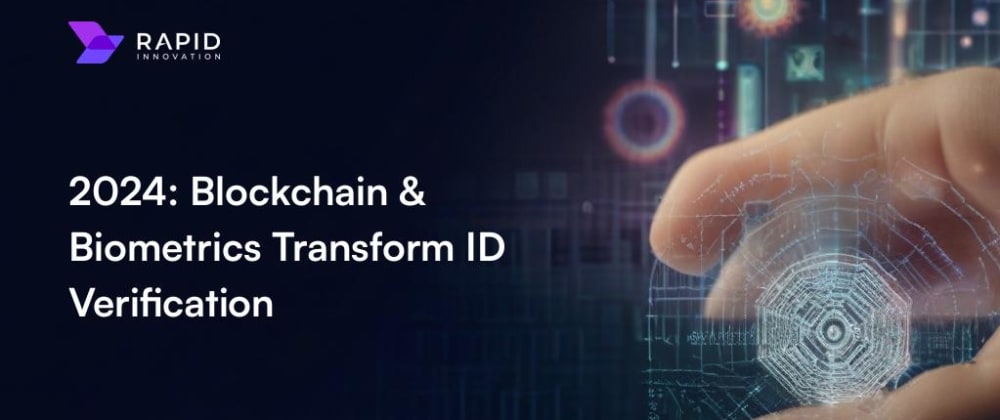Digital identity verification is crucial for confirming the authenticity of an
individual's identity in the digital realm. As the world increasingly moves
online, the need to establish a person's identity accurately and securely has
become paramount. This process is fundamental in various sectors, including
banking, healthcare, government services, and e-commerce. Digital identity
verification helps in preventing fraud, enhancing security, and ensuring
compliance with regulatory requirements.
Current Challenges in Digital Identity Verification
Despite advancements in technology, digital identity verification faces
several challenges. Balancing user convenience and security is a primary
issue. Strong security measures can often lead to a cumbersome verification
process, detracting from user experience. Conversely, a process that is too
simple may not offer adequate protection against identity theft and fraud.
Importance of Secure Digital Identity
A secure digital identity is essential for protecting individuals from fraud
and theft and ensuring the integrity of business transactions and services. In
sectors like finance and healthcare, where sensitive information is frequently
exchanged, a compromised identity can have devastating consequences. Secure
digital identity systems help in building trust between service providers and
their clients, which is crucial for the smooth operation of digital economies.
Overview of Blockchain and Biometric Technologies
Blockchain and biometric technologies are two of the most cutting-edge
advancements that have significantly impacted various industries. Blockchain
technology is a decentralized digital ledger that records transactions across
multiple computers, ensuring immutability, transparency, and security.
Biometric technology uses unique human characteristics such as fingerprints
and facial recognition for identification and access control. The integration
of these technologies offers a robust solution for secure and reliable
identity verification processes.
Blockchain Technology in Identity Verification
Blockchain technology is revolutionizing identity verification by providing a
secure, immutable, and transparent platform for storing and managing personal
identity information. The decentralized nature of blockchain enhances security
and privacy, significantly reducing the risk of identity theft and fraud.
How Blockchain Enhances Security
Blockchain enhances security through its decentralized structure and
cryptographic algorithms. Each transaction is encrypted and linked to the
previous transaction, forming a chain that is extremely difficult to alter.
This feature is crucial in preventing fraud and unauthorized data
manipulation.
Biometric Technology in Identity Verification
Biometric technology uses unique physical or behavioral characteristics to
identify individuals. This technology is increasingly being integrated into
various security systems as it provides a more reliable and efficient method
of identity verification than traditional methods such as passwords or PINs.
Types of Biometric Technologies
Common types of biometric technologies include fingerprint scanning, facial
recognition, iris recognition, and voice recognition. Each type has its own
set of applications and is chosen based on the level of security required and
the specific use case.
Integration of Blockchain and Biometric Technologies
The integration of blockchain and biometric technologies enhances security and
efficiency in various applications, from identity verification to access
control systems. This integration can help mitigate traditional
vulnerabilities associated with centralized databases, which are prone to
hacking and data breaches.
Regulatory and Ethical Considerations
The integration of AI into various sectors brings forth significant regulatory
and ethical considerations. Ensuring that AI systems are safe, respect
existing laws on privacy and data protection, and address potential biases is
crucial for building trust and credibility in AI applications.
Conclusion and Future Outlook
As we advance further into the age of technology, the importance of robust
regulatory frameworks and ethical considerations cannot be overstated. The
future outlook of technology is promising but also demands vigilance and
proactive governance to ensure that technological advancements benefit all
sections of society without compromising ethical standards.
Drive innovation with intelligent AI and secure blockchain technology! 🌟 Check
out how we can help your business grow!





Top comments (0)